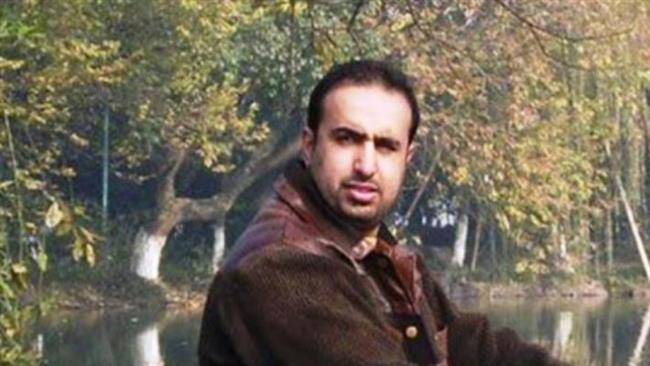Bajadi ruling another nail into Al Saud coffin: Analyst

Press TV has interviewed Shabbir R. Hassanally, a political analyst from London, to discuss a recent ruling by the Specialized Criminal Court in Riyadh that sentenced prominent Saudi rights campaigner Mohammed Saleh al-Bejadi to 10 years in prison.
The political commentator maintains that the Saudi regime practices such “backward” policies in an attempt to stifle any dissident voice in a society that is “very closed.”
He describes the verdict as another example of “gross” human rights violations in the kingdom, saying the jail sentence would drive another nail into the Al Saud monarchy’s coffin.
Drawing parallels between the Al Saud monarchy and the Israeli regime, Hassanally said both entities have been dealing with the people under their rule in a “cruel and unjust” manner.







